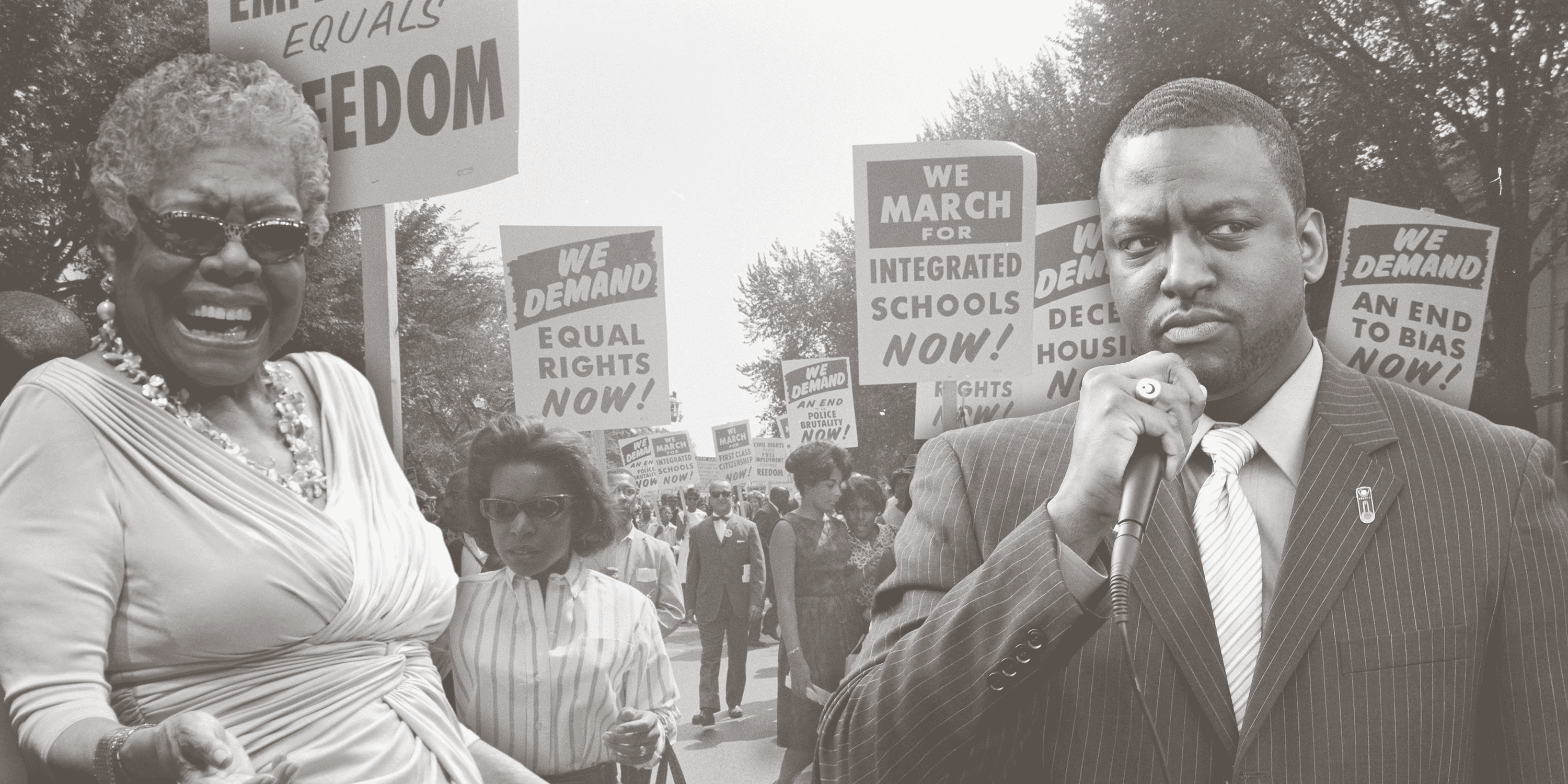Rasmussen Dickey Moore’s St. Louis office has been delighted to work alongside Latianna Johnson this summer! Latianna joined us as a law clerk during her summer break from St. Louis University School of Law. As Latianna prepares to return to SLU for her final year of law school, she took a moment to reflect on her experience at RDM and her future in civil litigation.
Latianna has already focused her studies on trial preparation and civil litigation, so spending the summer with RDM was a natural fit. Her interest in research and writing and classes in trial and civil advocacy helped her hit the ground running as she jumped in to assist the seasoned attorneys.
“Rasmussen Dickey Moore made sure my experience was practical, productive, and rewarding,” says Latianna. “It’s been an invaluable opportunity to apply my theoretical knowledge in a practical setting.” During her time at RDM, Latianna drafted legal briefs, reviewed discovery, performed research, and assisted with case preparation and management. “These experiences have provided me with insights into the day-to-day operations of a civil defense law firm,” Latianna says. “They have helped me to develop essential skills in legal analysis, client communication, and case management.”
Plans for the Future
“I’m excited about the prospect of pursuing a career in advocacy and continuing my path as a trial lawyer,” says Latianna. “My goal is to leverage the knowledge and skills I acquired from my time at RDM and my academic endeavors to make meaningful contributions to the legal field.”
Latianna has one more year at SLU Law, where she will be participating in their Civil Advocacy Clinic in the fall. She will be Rule 13 certified and have the opportunity to take part in various lawsuits in municipal, state, and federal court regarding civil rights issues, consumer protection matters, landlord-tenant disputes, municipal ordinance violations, and other litigation matters.
What comes next for Latianna after law school? “I’m enthusiastic about gaining deeper insights into civil litigation and look forward to expanding my skills,” she says. “My goal is to build a solid understanding of the trial process for civil disputes through hands-on experience.” She is looking forward to more opportunities for hands-on work and learning from and being mentored by experienced litigators. Her eagerness to learn and her ability to bring her talent, enthusiasm, and fresh perspective will surely deliver outstanding results for her future clients and colleagues.
It’s been an absolute pleasure to work with Latianna this summer. We look forward to seeing what’s next for this future top-tier litigator as she continues her journey and prepares to make her mark on the legal profession.
Summer Clerk Opportunities for Future Litigators
“During my summer at RDM, I gained invaluable experience that significantly shaped my career aspirations,” says Latianna. “As a law clerk, I was deeply involved in discovery processes, legal research, and memo writing, which honed my analytical skills and deepened my understanding of civil defense trial work.”
Rasmussen Dickey Moore is always excited to welcome the next generation of litigators to our offices. We’re dedicated to providing opportunities for meaningful, hands-on experience for summer law clerks and new associate attorneys from day one. Clerks and associates work alongside recognized litigators and trial attorneys with decades of experience and deep knowledge of our clients’ industries. You’ll find yourself quickly immersed in the work, rapidly developing the skills, knowledge, and experience to prepare you for a future in litigation.
“This hands-on experience has not only solidified my interest in civil defense but also equipped me with the practical skills needed to excel in this field. The exposure to real-world legal work at RDM has been instrumental in steering my career trajectory toward trial practice and defense, making this summer a pivotal moment in my professional development.”
To learn about clerk opportunities or openings for new associates, visit rdm.law/careers or contact us today!








